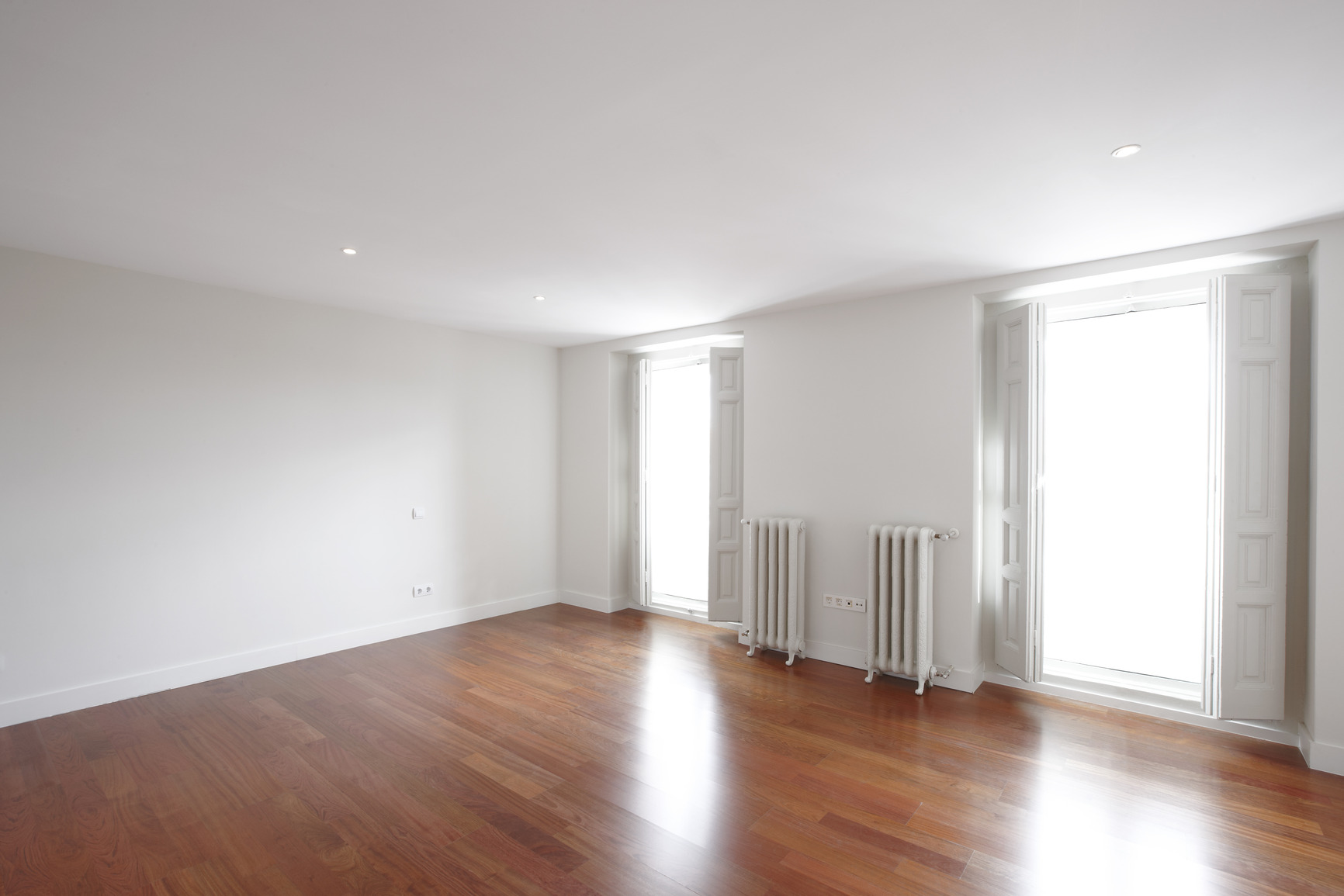If you own property – whether as an owner-occupier, a landlord, or as an investment in commercial premises – it faces a range of risks and perils if it is left empty and unoccupied for longer than a month or so.
This is where unoccupied property insurance comes in.
Why do you need unoccupied property insurance?
Insurers and others involved in the property market recognise the additional risks to which any building is exposed once it has been left empty. Most standard home insurance and landlord insurance policies restrict cover if a property is left vacant for longer than around 30-45 consecutive days (the period varies among providers).
This is because:
- when there is no one on the premises – either at home or in a commercial building – an otherwise routine need for repair or maintenance may develop into a serious, costly incident if unnoticed;
- empty buildings attract more than their fair share of attention from thieves, vandals, squatters, and even arsonists.
Put simply, an unoccupied property faces a higher level of risk than one that is in regular use.
For more information, see our detailed Guide to unoccupied property.
Empty house insurance explained
Your empty property is exposed to greater risk – and this is also when your insurer may restrict or even remove your standard cover.
Typically, any regular property insurance policy makes specific provision for exclusions and restrictions on the extent of cover offered – or even treats the policy as having lapsed altogether – once the building has been empty for a period of between 30 and 45 consecutive days (as we mentioned above, the precise period may vary from one insurer to another).
In those circumstances, the adequate protection of the building and its contents needs to be restored through specialist unoccupied property insurance. For obvious reasons, this may also be called empty house insurance.
Whatever specific term you use, we offer an unoccupied property insurance online quotation service backed by a telephone service (01702 606301).
What does unoccupied property insurance cover?
Like other forms of property insurance, unoccupied property cover can be tailored to suit your needs:
- Basic cover – suitable for commercial units or storage properties with little or no contents.
- Comprehensive cover – designed for residential homes with higher-value contents, including protection against theft, vandalism, and water damage.
- Liability cover – especially important for landlords, this protects you if someone is injured on your empty premises.
The level of cover you need will depend on but will not be limited to:
- the type of property;
- its normal use;
- the value of the building and contents.
If you’re unsure, your property insurance broker can help you arrange the most appropriate level of protection.
How long can you insure an empty property for?
Unoccupied property insurance can typically be flexible. You can arrange cover for:
- 3 months – if you know the property will be empty for a short time, e.g., during a house move, probate, or refurbishment.
- 6 months – useful for properties undergoing longer renovations or awaiting tenants.
- 12 months – the standard option if you are unsure when the property will be reoccupied.
Policies can often be extended if the property remains vacant longer than expected, offering peace of mind and adaptability.
Seasonal risks to consider
Each season brings its own risks for an empty property:
- Winter – burst pipes, storm damage, and longer nights increasing burglary risk.
- Spring – damage revealed after winter storms (loose roof tiles, blocked gutters).
- Summer – higher risk of burglary and fire hazards.
- Autumn – falling leaves blocking drains, heavy rain causing damp and water ingress.
Your responsibilities under unoccupied property insurance
Most insurers require you to take reasonable steps to protect your property, such as:
- arranging regular inspections (check your policy for how often you or a representative need to check the property) and keeping logs;
- keeping the property secure with good locks, alarms, and boarding if needed;
- draining down water systems or leaving heating on a low setting in winter (again, check what your policy requires of you);
- carrying out basic maintenance such as clearing gutters and repairing damage.
Failure to meet these conditions could invalidate your cover.
For more advice, see our article on what is classed as unoccupied or empty property.
Frequently asked questions about unoccupied property insurance
What is classed as an unoccupied property?
A property is generally considered unoccupied if it is left without residents for more than 30-45 consecutive days. Even if you leave furniture inside, insurers may still class it as unoccupied.
Do I need cover if the property is going through probate?
Yes. If a property is left empty following a bereavement, it is still exposed to the same risks of theft, vandalism, and weather damage. Specialist unoccupied property insurance during probate ensures it remains fully protected.
Can I get short-term unoccupied property cover?
Yes. At Cover4LetProperty we can arrange 3-month unoccupied property insurance or longer terms, depending on your needs. This is ideal for short absences, home moves, or refurbishments.
What happens if I don’t take out unoccupied property insurance?
If your property is left empty and you only have standard home or landlord insurance, your existing home insurance or landlord insurance policy may be restricted or invalidated after 30-45 consecutive days. This could leave you without cover for major risks such as theft, water damage, or fire.
Are landlords responsible for inspections?
Yes. If you are a landlord, you (or a representative) must comply with your insurer’s inspection requirements. Keeping records of inspections helps ensure your cover remains valid.
In summary
- Standard home or landlord insurance usually only provides restricted cover after 30-45 consecutive days of vacancy.
- Specialist unoccupied property insurance restores full protection, tailored to your needs.
- Cover is flexible, available for short- or long-term periods.
- You must meet certain policy conditions, such as inspections and maintenance.
- Each season brings its own risks, so regular reviews are essential.
If you own a property that will be empty for any length of time, arranging unoccupied property insurance ensures you are fully protected.
For more help or to get a tailored empty property insurance quote, please visit our unoccupied property insurance page or call 01702 606301.








